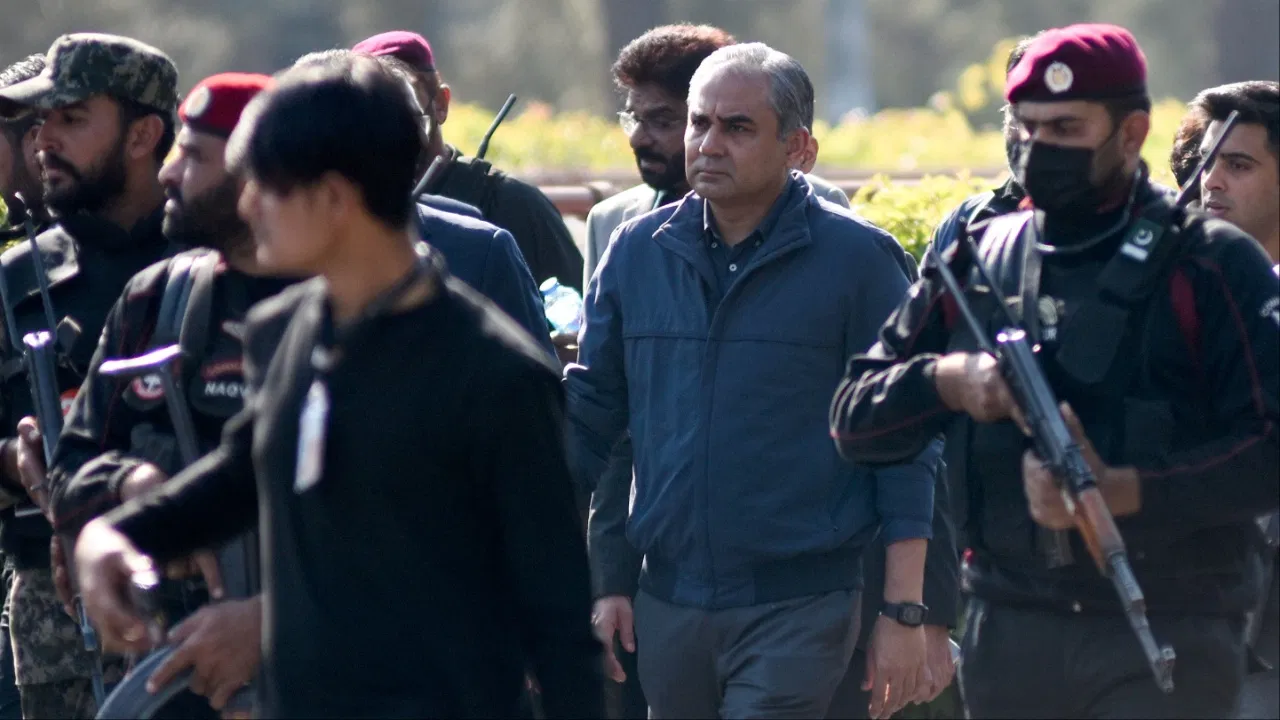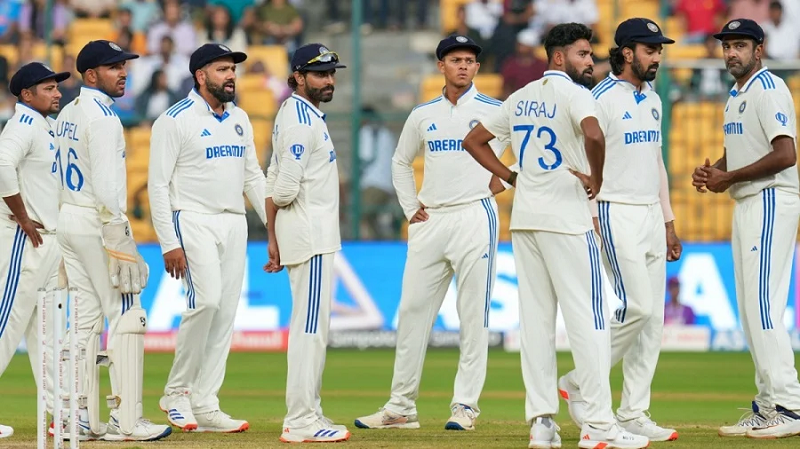Pakistan PCB Chairman Mohsin Naqvi Issues Threat Amid Tensions with India: "Ready for War"
- byPranay Jain
- 28 Apr, 2025

In the wake of the terrorist attack in Pahalgam, Jammu and Kashmir, which resulted in the tragic loss of 28 lives, Mohsin Naqvi, the Chairman of the Pakistan Cricket Board (PCB), has made a controversial statement that has raised eyebrows. Although his role is to promote cricket and its development in Pakistan, Naqvi, in his capacity as the Home Minister of Pakistan, has made a bold statement about war between India and Pakistan. He declared that Pakistan is "ready for war" if India takes any further steps, escalating tensions between the two countries.
Naqvi's Comments on the Indus Water Treaty
The tension escalated after India discussed the possibility of breaking the Indus Water Treaty in response to the terrorist attack. The Indus Water Treaty, signed in 1960, governs the sharing of water from the Indus River and is mediated by the World Bank. Naqvi, speaking as Pakistan’s Home Minister, responded to India’s threats about the treaty, asserting that India cannot unilaterally revoke or alter the agreement, as it is guaranteed by the World Bank. His remarks have stoked further anger, particularly as the treaty remains a significant point of contention between the two nations.
Earlier Threats from Bilawal Bhutto
Before Naqvi’s statements, Pakistan’s Foreign Minister, Bilawal Bhutto, also issued threats regarding the Indus Water Treaty. Bhutto, standing near the Indus River, emphasized that the water of the Indus belongs to Pakistan and that anyone attempting to take it would face severe consequences. He stated that “either water will flow in this river, or the blood of those who want to snatch it from us will flow.” These remarks echoed Naqvi’s sentiments, with both officials expressing readiness to retaliate against any actions by India.
The Indus Water Treaty: A Historical Agreement
The Indus Water Treaty, signed between India and Pakistan in 1960, has been a cornerstone of cooperation regarding the sharing of water resources from the Indus River system. The treaty outlines how water from the three eastern rivers—Ravi, Beas, and Sutlej—is allocated to India, while Pakistan receives water from the western rivers—Indus, Jhelum, and Chenab. The World Bank acts as a mediator in resolving disputes under the treaty’s framework.
The Pahalgam Attack: A Catalyst for Rising Tensions
The attack in Pahalgam on April 22, which killed 28 innocent tourists, has exacerbated the already fragile relations between India and Pakistan. The victims, who were targeted after being asked about their religion, were caught in a brutal act of violence, which has further fueled the hostility between the two nations. Both countries are now caught in a cycle of escalating threats, with the possibility of diplomatic relations deteriorating rapidly.






